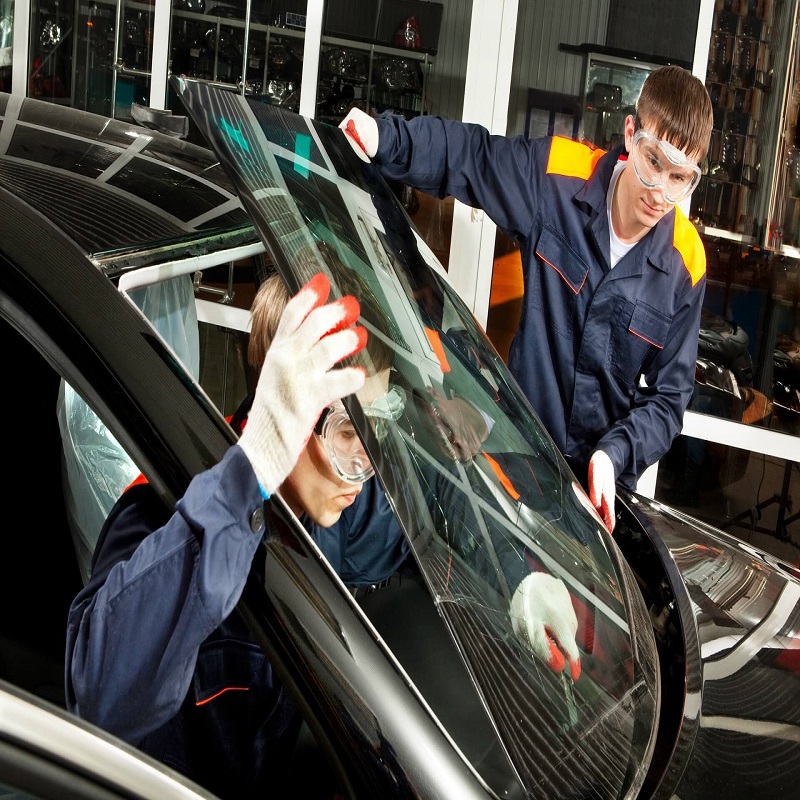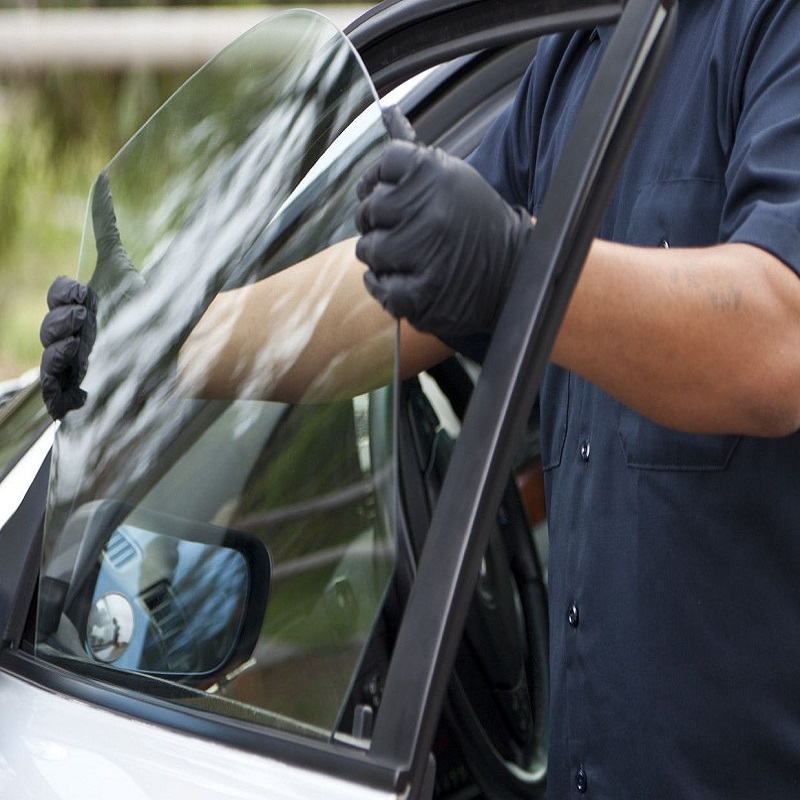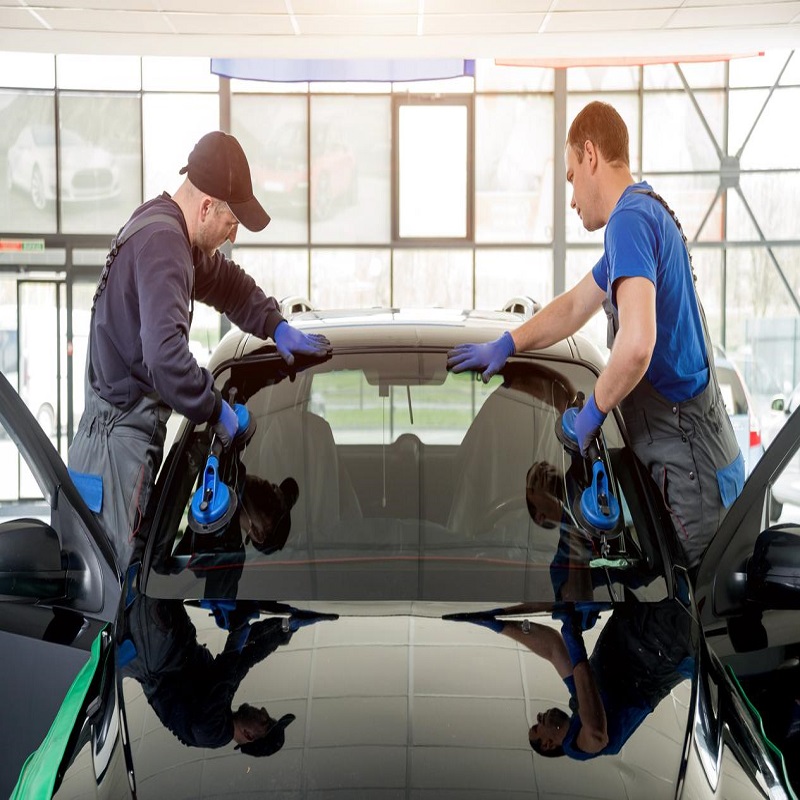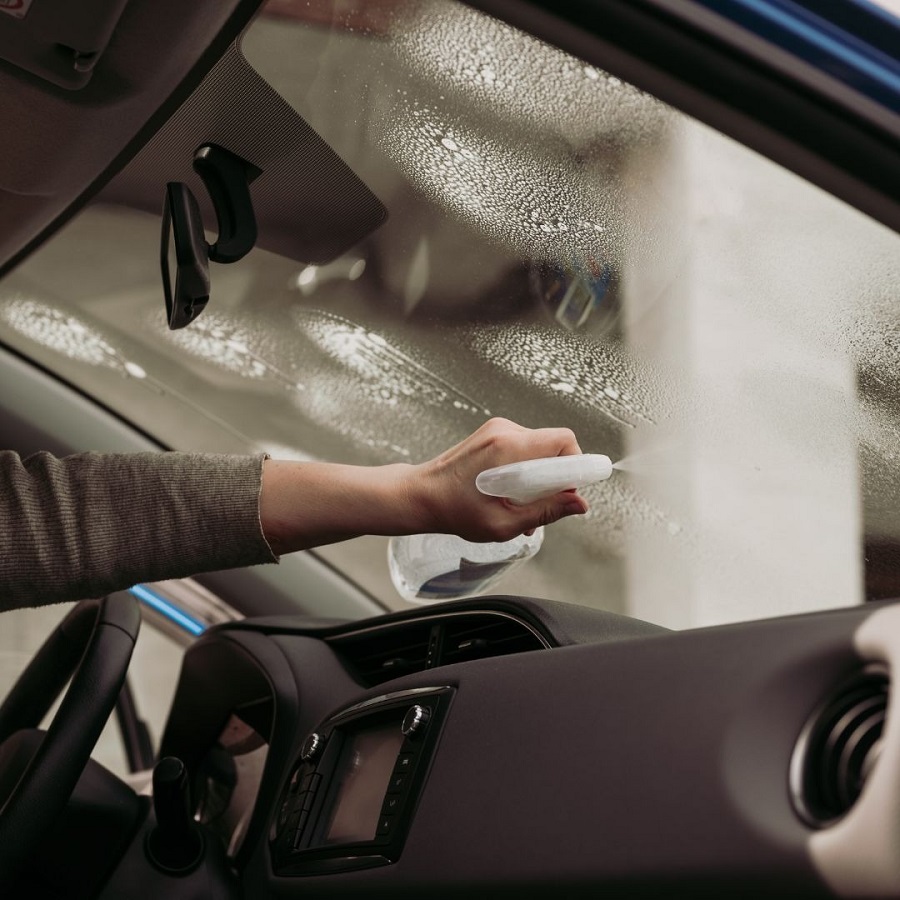How much does it cost to repair a car window?

How much does it cost to repair a car window? Damaged car windows can be a hassle, posing safety concerns and the need for prompt repair. The cost of repairing a car window depends on various factors, including the type and extent of damage, the make and model of the vehicle, the window’s accessibility, and the labor charges of repair professionals. In this comprehensive guide, we will explore the factors that influence car window repair costs, provide an overview of common repair expenses, and offer tips for estimating the costs involved. Let’s delve into the world of car window repairs and gain a better understanding of the financial implications.

Types of Car Window Damage:
- Minor Chips and Cracks:
Small chips or cracks in a car window, typically caused by debris or minor impact, can often be repaired through professional techniques such as windshield chip repair or crack filling. These repairs are generally less costly than window replacement. - Extensive Damage:
Severe damage, such as large cracks or shattered windows resulting from accidents or significant impact, may require complete window replacement. Extensive damage typically incurs higher costs due to the need for new glass and additional labor.
Factors Affecting Repair Costs:
- Type of Window:
Different car window types, such as windshield, car window glass, or rear windows, have varying costs associated with their repair or replacement. Windshields, being the largest and most complex, often have higher repair costs. - Accessibility and Labor:
The accessibility of the damaged window influences repair costs. For instance, side windows or rear windows that require dismantling of interior panels may incur higher labor charges compared to windshields, which are more easily accessible.
Common Repair Expenses:
- Labor Charges:
The labor involved in car window repairs, including inspection, removal, installation, and sealing, contributes significantly to the overall cost. Labor charges may vary based on geographical location, repair shops’ hourly rates, and technician expertise. - Parts and Materials:
The cost of new glass or replacement parts represents a significant portion of the repair expenses. Factors such as the quality of the glass material, window tinting, or the presence of additional features (e.g., defrosting elements) can influence the cost of replacement parts.
Estimating Repair Costs:
- Insurance Coverage:
Check if your car insurance policy covers window repairs or replacements. Comprehensive insurance policies generally include coverage for glass damage, which can greatly reduce out-of-pocket expenses. - Obtaining Multiple Quotes:
To ensure a fair estimate, obtain quotes from different repair shops or auto glass specialists. Compare these estimates, considering the extent of damage, the quality of materials used, labor charges, and any warranties offered. - Additional Considerations:
Other factors to consider when estimating repair costs include the reputation and expertise of the repair shop, location-based pricing variations, and possible discounts if bundling repairs with other services.

DIY Repairs and Cost Savings:
- Windshield Chip Repair Kits:
For small chips or cracks, do-it-yourself repair kits are available in the market. These kits can be a cost-effective option, providing temporary fixes until professional repairs can be obtained. - Insurance Deductibles:
Before proceeding with insurance claims for window repairs, consider the deductible amount. If the repair cost falls under the deductible amount, it may be more cost-effective to pay for repairs directly without filing a claim.
Things to note when repairing a car window
Repairing a car window is a crucial task that requires careful attention to ensure the safety, functionality, and appearance of your vehicle. Whether dealing with minor chips or extensive damage, understanding the important considerations for car window repair is essential.
Safety Precautions:
- Eye and Skin Protection:
Wear safety glasses or goggles and protective gloves when handling glass shards or using repair tools to safeguard against potential eye injuries and cuts. - Adequate Ventilation:
Perform car window repairs in a well-ventilated area or, preferably, outdoors to minimize exposure to potentially harmful chemicals used in the repair process.
Professional Assistance:
- Consultation with Experts:
For extensive damage or complex repair procedures, seek professional expertise from reputable auto glass repair shops or certified technicians who possess the necessary skills, tools, and knowledge to perform satisfactory repairs. - Quality Checks:
Inquire about the qualifications, certifications, and warranties offered by auto glass repair professionals. Choosing a trusted and experienced specialist ensures high-quality repairs that meet industry standards and regulations.
Potential Complications:
- Hidden Structural Damage:
Consider the possibility of underlying damage beyond the visible window impairment, particularly after accidents or severe impacts. Hidden structural damage may require additional repairs or replacement to ensure the overall safety of your vehicle. - DIY Limitations:
Assess your abilities and the extent of damage before attempting do-it-yourself repairs. Complex damage or lack of experience with repair techniques may result in further damage or compromised safety.

Repair Methods and Materials:
- Windshield Chip Repair Kits:
For small chips or cracks, windshield chip repair kits can be a cost-effective solution. Follow the instructions carefully and ensure the kit is compatible with your specific type of windshield. - Considerations for Adhesive Use:
If using adhesive, select a high-quality product suitable for automotive glass repair. Follow the manufacturer’s instructions for proper mixing, application, and curing times to ensure optimal adhesion and long-lasting repairs.
Post-Repair Care:
- Allow Sufficient Curing Time:
For adhesive-based repairs, allow the recommended curing time before driving the vehicle. Premature usage can compromise the integrity of the repair and its ability to withstand stress and external forces. - Cleaning and Maintenance:
After the repair, follow the recommended cleaning and maintenance guidelines provided by the repair professional. Use non-abrasive cleaners specifically formulated for automotive glass to avoid damage to the repaired area.
Insurance Considerations:
- Coverage Assessment:
Review your car insurance policy to determine if window repairs are covered and whether there are any specific requirements or preferred repair shops designated by your insurance provider. - Claim Procedures:
If the repairs are covered by insurance, promptly notify your insurance company and follow their procedures for filing a claim. Retain any necessary documentation, such as estimates or invoices, and communicate any concerns or additional damage discovered during the repair process.
The Importance of Repairing a Car Window
The car window is an essential component of your vehicle, providing visibility, protection, and structural integrity. When damaged, repairing a car window becomes a critical task to maintain safety, functionality, and the overall appearance of your vehicle. Neglecting timely repairs can result in compromised visibility, increased vulnerability to environmental factors, and potential safety hazards.
Ensuring Safety:
- Visibility:
Intact car windows provide clear visibility for the driver and passengers. Damaged or cracked windows can obstruct sightlines, impairing the driver’s ability to safely navigate the road and increasing the risk of accidents. - Structural Integrity:
Car windows contribute to the structural strength of the vehicle, especially during rollover accidents or collisions. Timely repairs ensure the window’s ability to provide an air-tight seal and maintain the structural integrity of the vehicle.
Restoration of Functionality:
- Protection from the Elements:
Car windows shield occupants from external elements such as rain, snow, wind, and debris. Properly repaired windows ensure a tight seal, preventing water leakage or air infiltration into the vehicle’s interior. - Noise Reduction:
Intact windows help reduce external noise, keeping the cabin quieter and enhancing passenger comfort during the drive. Repairing damaged windows ensures a quieter and more enjoyable driving experience. - Climate Control:
Windows play a role in maintaining optimal temperature inside the vehicle. Properly sealed windows assist in efficient air conditioning or heating, contributing to passenger comfort in varying weather conditions.
Prevention of Further Damage:
- Spread of Cracks:
Minor chips or cracks in car windows can quickly spread due to temperature changes, vehicle vibrations, or additional impacts. Timely repairs prevent the expansion of the damage, avoiding the need for more extensive and expensive repairs or complete window replacement. - Compromised Safety:
Delaying window repairs can weaken the structural integrity of the vehicle, potentially compromising occupant safety in the event of an accident or collision. Prompt repairs mitigate the risk of further damage that may impact the structural integrity and occupant protection systems.

Conclusion:
The cost of repairing a car window can vary significantly based on the type and extent of damage, accessibility, labor charges, and materials used. Assessing the available options, obtaining multiple quotes, and considering insurance coverage can help in estimating and managing repair costs. Whether opting for professional repairs or temporary DIY solutions, prioritizing safety and ensuring proper repair procedures are essential. By understanding the factors that influence car window repair costs, you can make informed decisions and effectively address window damage while maintaining budgetary considerations.


